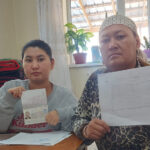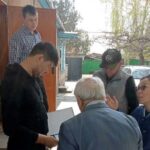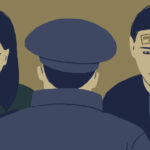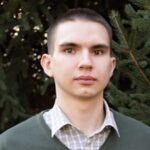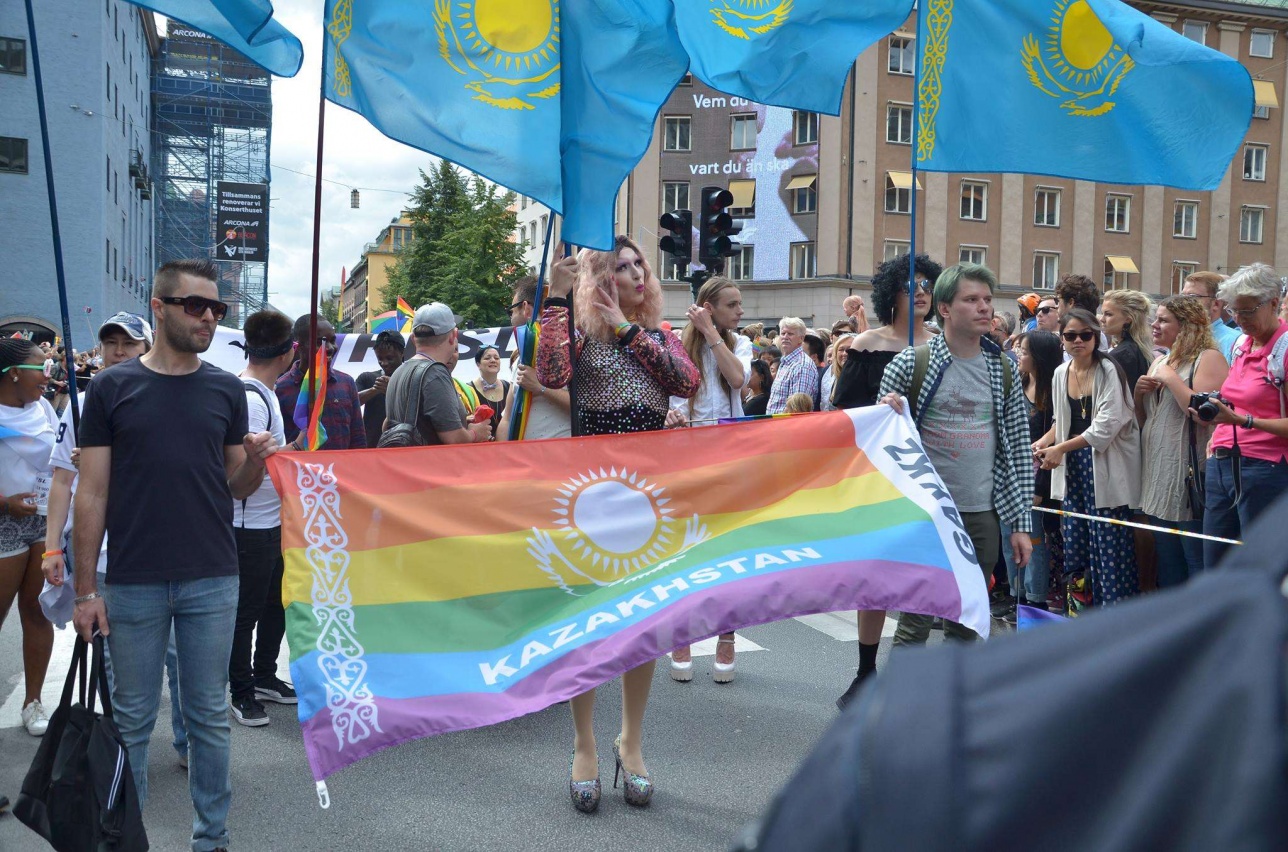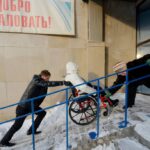Parliamentary Elections
Despite the state of emergency in effect in the western Kazakh oil town of
Conduct of Police and Security Forces
On December 16, 2011, clashes broke out between police and demonstrators, including striking oil workers, who had gathered in Zhanaozen’s central square. In response to the clashes and subsequent mayhem, police and government troops opened fire, killing 12 and wounding dozens, according to government figures. Three further people died in the clashes and several police officers were injured. On December 17, police shot dead a protester in Shetpe. The security forces’ use of force and firearms did not appear to be justified or proportionate. In May 2012, five officers were convicted for “abuse of power,” but no officers were held accountable for the sixteen killings. In trials that did not adhere to international human rights standards, courts convicted a total of 45 oil workers and demonstrators for participating or organizing mass riots, putting 17 behind bars.
Detention of Activists
During 2012, the authorities amnestied a number of imprisoned activists, including, Kazakhstan’s most prominent human rights defender Yevgeniy Zhovtis, union lawyer Natalia Sokolova, and political activist Aidos Sadykov. Vadim Kuramshin, a civil society activist arrested in January on various charges, including extortion, was released in August on a one-year suspended sentence. However, after he spoke at an OSCE meeting in September in
Starting in January, authorities misused criminal charges to arrest over a dozen others, including Vladimir Kozlov,the leader of the unregistered opposition party Alga!, civil society activist Serik Sapargali, and oil worker Akzhanat Aminov. On October
Torture
Detainees made credible and serious allegations of torture in 2012, particularly in the aftermath of the Zhanaozen violence. The authorities failed to take any meaningful steps to thoroughly investigate these allegations or hold the perpetrators accountable, reinforcing a culture of impunity.
Between December 16 and 19, 2011, police detained hundreds of people in Zhanaozen, several of whom stated that police kicked and beat detainees with truncheons, stripped them naked, walked on them, and subjected them to freezing temperatures. In March, defendants at one of the trials following the Zhanaozen events testified that guards and investigators subjected them to physical and psychological abuse, including beatings, suffocation, and threats of rape or harm to family members. The prosecutor’s office declined to open a criminal investigation.
On December 22, Bazarbai Kenzhebaev, 50, died from wounds he sustained in police custody. Kenzhebaev had described to his family how police severely beat him, forced him to undress, lie face down on the floor and walked on him, stepping on his head. In May, the former director of the Zhanaozen temporary detention facility was sentenced to five years in prison, but those directly responsible for the beatings that led to Kenzhebaev’s death have not been held accountable.
Human rights groups expressed concern about Vladislav Chelakh, a 19-year-old border guard accused of murdering 15 colleagues at a Kazakhstan-China border post. The groups said the authorities held him incommunicado for weeks and coerced his confession. His case, ongoing at this writing, had been marred by irregularities.
Freedom of Expression
In December 2011, Kazakh authorities declared a state of emergency in Zhanaozen, temporarily blocking several key websites, including Twitter, across
In January, President Nazarbaev signed a new controversial broadcast law even though the previous month the OSCE Representative on Freedom of the Media Dunja Mijatović had urged the president to veto the bill.
In January and February, authorities arrested civil society activists for “inciting social discord,” a vague and overbroad charge that can be used to criminalize legitimate exercise of the rights to freedom of expression and association as protected under international human rights law. They arrested Vzglyad editor-in-chief Igor Vinyavskii in January on charges of “calling for the forcible overthrow of the constitutional order.” He was released two months later after his case received sustained international attention, including from the OSCE representative on freedom of the media, who in January called for his “immediate release.”
Freedom of Assembly
Kazakh authorities maintain restrictive rules on freedom of assembly. In response to a series of public protests in the first half of 2012, the authorities detained and fined opposition and civil society activists and others for organizing and participating in unsanctioned protests, sentencing some to up to 15 days in prison and fining others up to US$550.
Freedom of Religion
Following the 2011 adoption of a restrictive law on religion—which outlaws any practice of religion in association with others without state permission—respect for religious freedoms continued to decline, according to Forum 18, an independent, international religious freedom group. In 2012, hundreds of small religious communities have been forced to close, unable to meet the 50 person membership requirements for re-registration, compulsory under the new law.
Makset Djabbarbergenov, aprotestant pastor from
Child Labor in Agriculture and Labor Rights
The
Risk of debt bondage and cases of hazardous child labor persist on some farms, despite steps by Philip Morris Kazakhstan, a subsidiary of Philip Morris International, to increase protections for migrant tobacco workers, including insisting on written contracts and improved training. Following her September visit, UN Special Rapporteur on Contemporary Forms of Slavery Gulnara Shahinianindicated that complex legal requirements for employing migrants and obstacles to migrant children attending schools may undermine the government’s progress in preventing forced labor and hazardous child labor.
Key International Actors
In 2012, the European Union and
In July, United Nations High Commissioner for Human Rights Navi Pillay visited
SOURCE:
www.hrw.org/world-report/2013/country-chapters/kazakhstan


